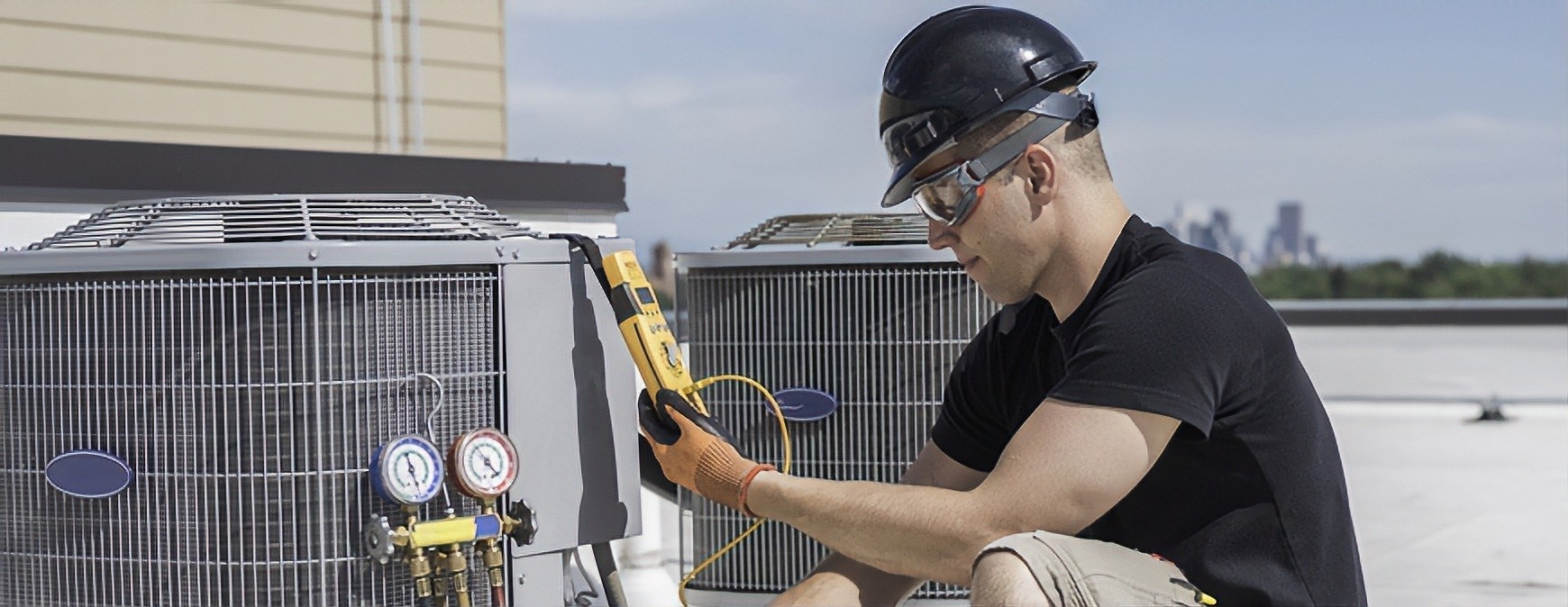Careers in HVAC: Becoming a Skilled Heating and Air Conditioning Technician
With rising demand for indoor climate control, careers like heating and air conditioning technician, air conditioner helper, and HVAC chiller technician are more essential than ever. These professionals ensure that homes, offices, and industrial spaces maintain optimal air quality and temperature, no matter the season.

Why an HVAC Job at TBN is Worth Considering
TBN has emerged as a reputable employer in the HVAC industry due to its focus on employee development, cutting-edge technology, and sustainable practices.
Benefits of Working at TBN:
- Competitive salary and benefits packages
- Ongoing training and certification opportunities
- Safe and inclusive workplace
- Exposure to the latest HVAC technologies
- Strong support system and mentorship programs
According to the U.S. Bureau of Labor Statistics, employment of HVAC technicians is projected to grow by 6% from 2022 to 2032—faster than the average for all occupations.
Qualifications for an HVAC Job at TBN
Basic Requirements:
- High school diploma or GED
- HVAC certification or associate degree from an accredited institution
- EPA Section 608 certification
- Valid driver’s license
- Strong communication and problem-solving skills
Preferred Qualifications:
- Prior experience in HVAC installation and maintenance
- Familiarity with digital HVAC control systems
-
What Does a Heating and Cooling Technician Do?
A heating and cooling technician, also known as a heating and air technician, installs, repairs, and maintains HVAC systems. Their responsibilities often include:
-
Diagnosing system malfunctions
-
Installing heating or cooling units
-
Performing preventive maintenance
-
Ensuring compliance with environmental regulations
Professionals like a Trane service technician specialize in servicing Trane-branded systems, known for their reliability and energy efficiency.
Entry-Level Roles and Training Paths
Starting out as an air conditioner helper or air con technician provides hands-on experience under the guidance of a certified HVAC professional. These entry-level positions are often the first step toward full certification.
To become a certified heating technician or HVAC chiller technician, vocational training or an associate degree from a trade school is usually required. Programs accredited by organizations like HVAC Excellence or the EPA prepare technicians to handle refrigerants and meet safety standards.
Why Choose an HVAC Career?
This field offers:
-
Strong job growth (projected 5% increase from 2022–2032 per the U.S. Bureau of Labor Statistics)
-
Competitive salaries and overtime opportunities
-
Diverse work environments (residential, commercial, industrial)
-
Opportunities for specialization (e.g., green energy, smart systems)
Final Thoughts
Whether you’re interested in becoming a heating and air conditioning technician, Trane service technician, or exploring paths as a heating technician, the HVAC industry offers a stable and rewarding career. With climate systems becoming increasingly sophisticated, trained professionals remain in high demand.
Start your path today by researching local training programs or apprenticeship opportunities in your area. Your career in HVAC could be the key to a secure and in-demand future.

